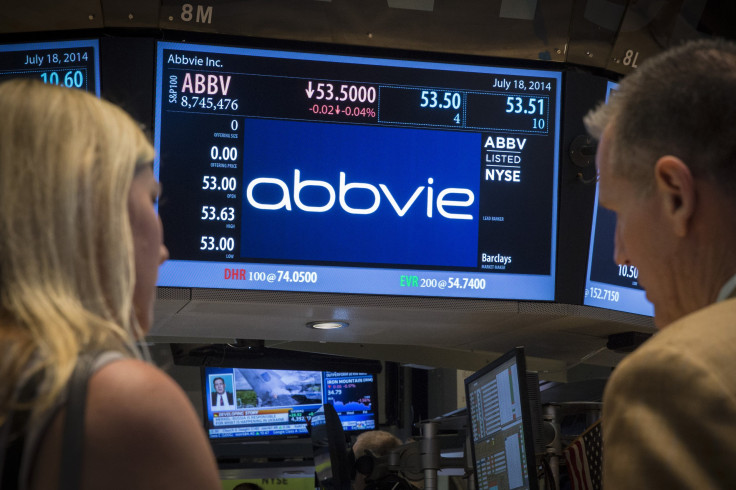Preventing Inversions Would Save 0.5% Of US Corporate Tax Revenue

Several pending deals that involve U.S. companies buying smaller foreign companies to move their headquarters on paper and lower their tax bills have slowed but will likely continue despite the Treasury Department’s new rules designed to make so-called inversions more difficult and less profitable. And those deals may not be as harmful to the economy as they seem — inversions are just a small part of corporate tax revenue and company mergers.
In a note released Thursday, Bank of America analyst Bob Hopkins gave Medtronic Inc., the New Jersey-based medical device provider, a “buy” rating because he expects its proposed $42.9 billion acquisition of Irish medical device manufacturer Covidien to close within the next three or four months despite the change in tax rules. The company itself says it is “studying Treasury’s actions.”
Burger King and coffee chain Tim Hortons have said they will move forward with plans to move the American burger franchise to Canada because the $11 billion “deal has always been driven by long-term growth, not by tax benefits.” And American drugmaker AbbVie says there’s a strong rationale beyond tax benefits for its plan to acquire Shire. Since the beginning of the year, at least 14 companies have announced inversion deals.
“These deals we’re seeing are not driven by the tax savings,” said Matt Porzio, vice president of merger and acquisition strategy for Intralinks, a global technology provider. “The tax benefits of relocation are simply by-products of well-executed, strategic mergers and acquisitions.”
Before Treasury announced new rules Monday, the Joint Committee on Taxation estimated that U.S. corporate inversions could cost $20 billion in missed tax revenue over the next decade. But inversions are just one of many methods companies use to cut costs on tax bills. Over the same decade, extending corporate tax breaks that expire every few years would cost $400 billion, according to the Committee for a Responsible Federal Budget. And over the same time period, corporate tax revenues would total an estimated $4.5 trillion. That means preventing inversions altogether would save a mere 0.5 percent of overall corporate tax revenue.
Corporate inversion deals are an even smaller percentage of global merger activity -- 0.1 percent -- according to Porzio.
“Not every American company can do an inversion,” said Howard Gleckman, senior research associate at the Tax Policy Center of the Urban Institute and Brookings Institution. “On the other hand, this is a way for many to get out of the tax system… It’s important to remember that this is a symptom of a larger problem: The U.S. tax system is a mess.”
“A real fix is to have Congress fix the tax code but more importantly make the corporate tax rate lower,” said Ryan Dudley, head of international tax at accounting and consulting firm Friedman.
© Copyright IBTimes 2024. All rights reserved.






















